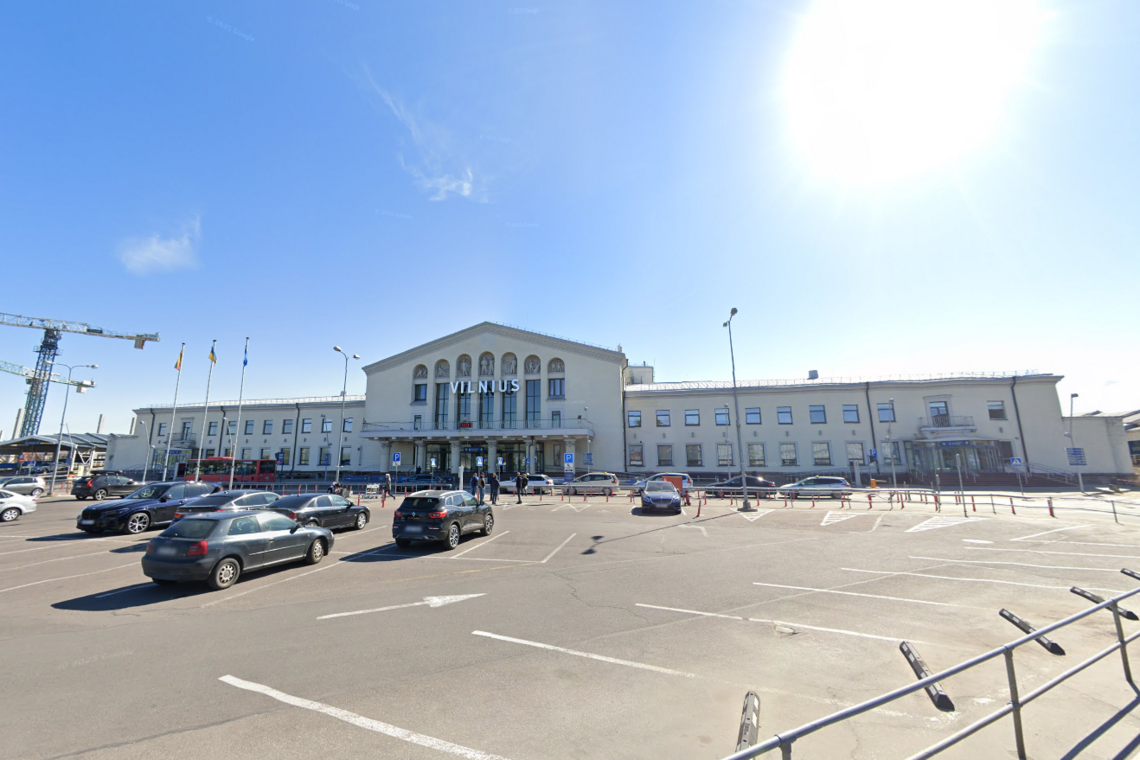OSLO – Lithuania reopened air traffic at Vilnius airport, its largest and busiest air hub, on Oct 5 after hours of suspensions and diversions triggered by reports of balloons in its airspace affected thousands of travellers, the airport’s operator said.
European aviation has repeatedly been thrown into chaos in recent weeks by drone sightings and air incursions, including at airports in Copenhagen and Munich.
Air traffic at Vilnius was restored at 4.50am local time on Oct 5 after a decision was made late on Oct 4 to close the airspace “due to a possible series of balloons heading toward Vilnius Airport”, the operator said in a statement on its Facebook page.
The temporary restrictions affected both arriving and departing flights, with some flights being cancelled, the operator said. In total, around 30 flights and nearly 6,000 passengers were impacted, it added.
Lithuania’s public broadcaster LRT cited the head of the country’s National Crisis Management as saying late on Oct 4 that 13 balloons were heading towards Vilnius airport.
According to notices posted to the US Federal Aviation Administration’s website, the flight restrictions were due to “hot air balloon flights”.
It was not immediately clear who launched the balloons and what kind they were.
The Vilnius airport said that throughout Oct 5, flight delays may occur due to disrupted crew and aircraft rotations. Overnight, most incoming flights redirected to neighbouring Latvia and Poland, while departures were cancelled. One flight due to arrive from Copenhagen returned to Denmark.
Nato member Lithuania in August declared a 90km no-fly zone parallel to the border with Belarus in response to drones entering from there, saying this would allow its armed forces to react to violations.
Lithuania, a strong supporter of Ukraine, shares a 679km border with Belarus, a close ally of Russia. The capital Vilnius lies roughly 30km from the border. REUTERS
LithuaniaPolandAviation/Aerospace sectorDrones
